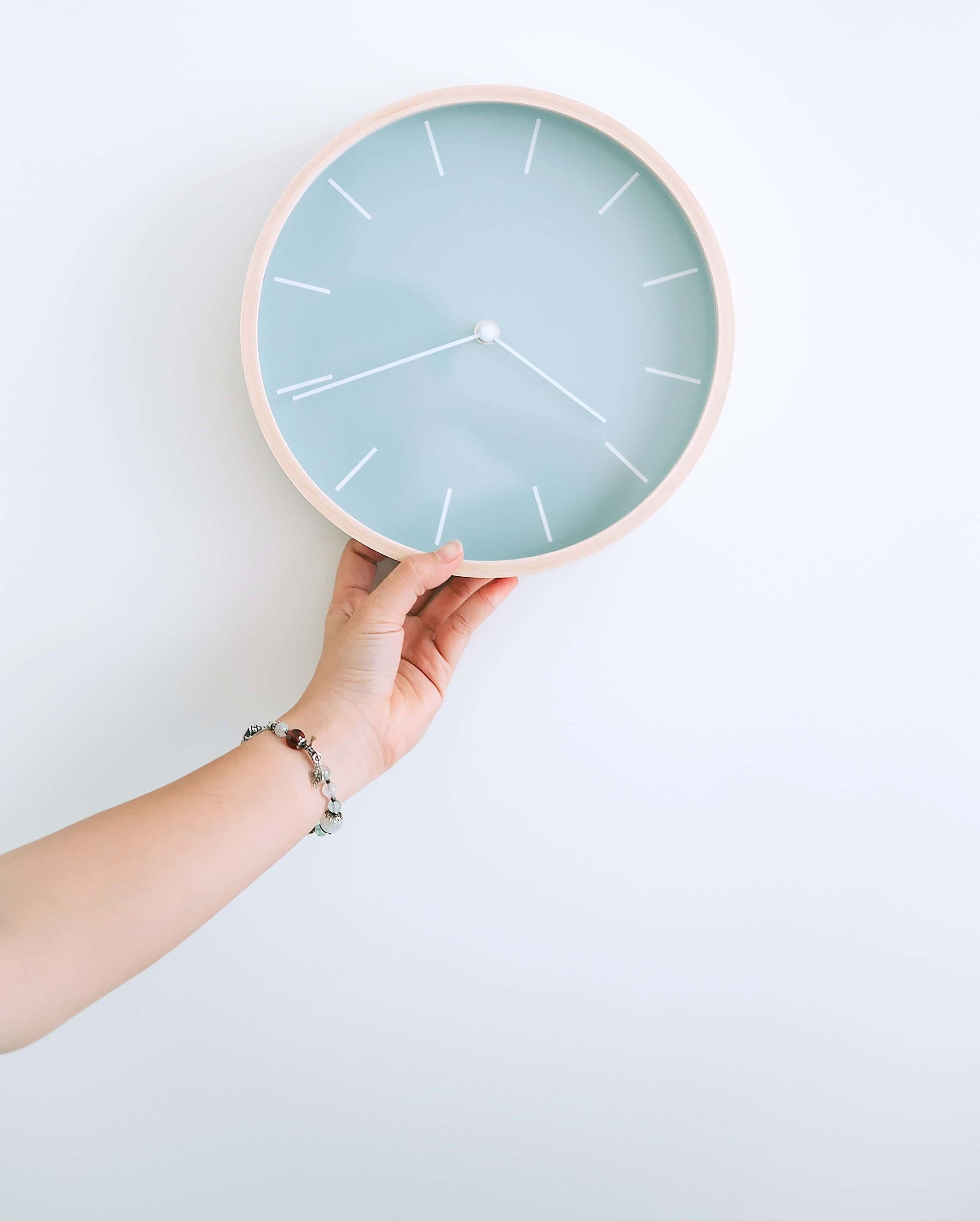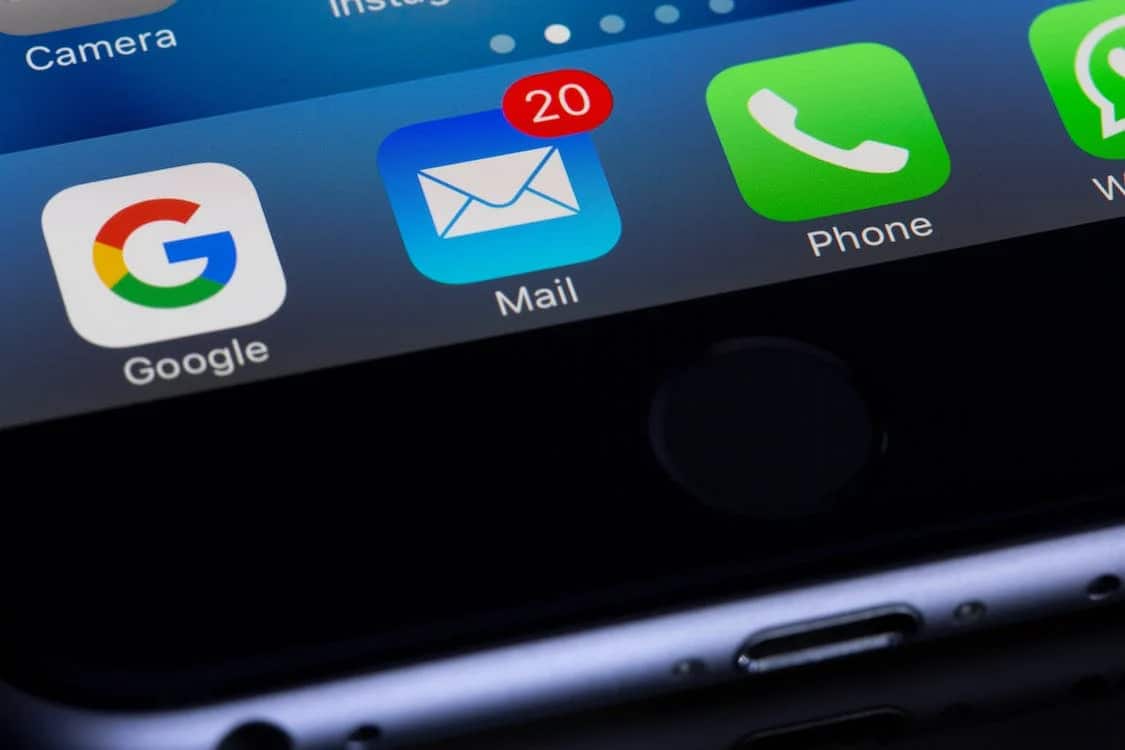How to Leave Work at Work
Is work leaving you with no time for anything else, at the end of the day? Here are 11 tips to make sure work does not consume your life.
Long long ago, in the days of yore, legend has it that you were able to leave work at work. You'd wrap up work at 5 p.m., and your dissatisfied clients or disgruntled boss simply couldn't communicate with you, till the next morning, not to demand redrafts or revisions or for anything at all – simply because they couldn't shoot you an email or send a Slack message at 10 p.m. The technology didn't exist.
But with remote work, and the hectic culture of modern work, the strict lines between work and life are blurring. People are in work mode for long hours a day, stretching well into the evenings and night. And when this happens, it's natural for Life to take a backseat.
If you're not careful, your work hours can end up consuming everything else, and soon occupying most of your day and your mind. This throws your work-life balance out of whack – you're constantly in alert mode and can't seem to relax, spend time with your loved ones, or simply let your mind and body take a breather. At the end of the day, this ceaseless hustle will impact your physical and mental health as well as the relationships you've unwittingly let go.

This is why it's important to learn how to leave work at work. For a better work-life balance, you need to first build a personal life outside of work and then constantly work to keep it active and fulfilled. Still not sure how to go about it? Here are a few tips.
11 Ways to Leave Work The Right Way and Lead a Balanced Life
Finish work at work - for real
This may seem like something taken out of the Work For Dummies manual, but it is important to internalize – and actually nail down as a habit. The social aspects of going to work are key for people who spend long working hours. These include catching up with your colleagues, taking slightly longer lunch breaks to finish your errands, and even spending some time getting to know your clients and building a rapport with them. But soon you'll realize these things take the time that you could actually spend finishing your work tasks and being productive.
So, make sure you finish what you have to do during your specific hours and not wasting time when you don't need to.
Set a fixed time to stop work
The more flexible you get about your stop time, the more likely you are to put off your work, thinking you'll just stay the extra hour to finish it tomorrow anyway. If your colleagues and superiors start to notice, they'll also approach you with tasks late in the day and extend your time at the office. So make sure you don't have an unnecessarily flexible schedule and that you develop the habit of picking a time to leave work and get home as regularly as possible, barring an occasional deadline day.

Set time limits and deadlines for yourself
When you have no set deadlines or they're pretty far away, you may put off things more and end up letting them occupy your mind space for a long time. If you have a lot to do and you want to finish everything quickly, you'll end up spending even your time at home on it. So challenge yourself by adding time pressure to your tasks – try things like making a timed to do list, tracking your hours through a project or task management app or system, or time-boxing your day so that you're able to work efficiently and within your working hours.
Set healthy and clear boundaries with coworkers and clients
Being a team player is part of your job and you should do everything possible to maintain healthy working relationships. But this does not mean letting your colleagues – or even clients – disrupt your home life by calling you at all hours, seeking help in the middle of the night, or scheduling meetings on the weekend.
Let them politely and firmly know your working hours, when you'll be available, and how much you're willing to help them with their work without it overtaking both your personal lives so you're on the same page with everyone.

Turn off work communication at home
You do not need to set up your work email on your phone! If you do, notifications will come at all hours of day and night, and – if you're anything like me – you just won't be able to leave them unread. This is so bad for your physical and mental health because you'll constantly be distracted by the pings even when you're with family or friends. Keep all work communications and devices away while at home so you can focus on other, more fun activities at home, and make sure your colleagues and clients know you'll speak to them when on working time.
Establish a decompressing routine
If you have a considerable commute between work and home, use the time to clear your mind of work things. Spend time on breathing exercises on the subway rather than finishing up that last email, and instead of using your car's Bluetooth to make more calls, put on some relaxing music. Perhaps catch up on an audiobook. All of this will help you get out of work mode and have you thinking about what you'd like to do with your evening.
Even if you don't have a commute, create some kind of ritual that establishes the demarcation between Work and Life. This helps the brain switch gears, and mentally check off "Work time" as completed for the day.
Set up routines outside of work
Instead of checking your email as soon as you wake up, make it a habit to freshen up, go for a run, and have a nice, hearty breakfast before you start work in the day. And when you return in the evening, get out of your work clothes, take a nice relaxing shower, and then read, write, tend to your garden, or do some more exercise.
Developing such routines is essential to your physical health and will keep your mind at peace.
Keep away devices when at home and with family
Even if you don't have work communications active on your home devices, that doesn't mean they still can't distract you or tempt you to quickly interrupt your personal and family time to get an update. Make sure that your living space has at least one corner that is technology-free, and try to spend as much time there as you can when you're not at work.
Get mental clarity and relaxation techniques
If the pressure of a serious assignment or hard deadline makes you feel stressed easily, then you may need some relaxation outlets to help channel and focus your mindset. Try journaling, yoga, meditation, or some counseling to help you with work anxiety so that it does not ruin your personal life and also helps you develop better productivity.
Use your available days off
Your PTO (paid time off) is part of your work package, not a product of the company's generosity. So have no qualms about using your leaves to go on vacation, meet family or friends, or simply to take care of yourself.
Get accountability
That's right, you can have someone check that you're actually leaving work behind when you leave work! Accountability partners help us by tracking anything and everything, including whether you're following the rules you've set in place to get yourself out of work mode. Apps like Beeminder and Stickk, even penalize you if you fail to meet the goals. And of course, there's Boss as a Service for some live accountability!
Why you should maintain a work-life balance
For mental and physical health
I've said it a lot already, but I simply cannot stress it enough. Your overall well-being demands that you lead a balanced life by spending personal time pursuing hobbies and developing good habits, making friends, and refining a healthy and fulfilling lifestyle.
To maintain healthy relationships
You may have seen this on Instagram already – "The only ones who'll remember how much time you spent at work will be your loved ones". Life is about more than big projects and big bonuses. Be there for your loved ones to show how much they mean to you.
To stay motivated and productive
Burnouts are no joke. If you don't give yourself the time and space you need to gain mental peace, leave stress behind, reduce work stress, and develop a more creative thinking process with fresh eyes, it will only reflect in your appraisal as poor performance and a lack of growth.
To enjoy life
We only live once! And if you are actually here trying to learn how to leave work at work, there are definitely more interesting things that you want to be doing with the rest of your limited time. Sometimes just acknowledging this can be enough!

How BaaS helps you maintain a work-life balance
At Boss as a Service, we help you achieve your goals. In fact, we make sure you achieve your goals. And if your goal is to keep work going while also enjoying life, we'll get to that result together! Just tell your "boss" to check in on you every day to make sure you're sticking to your daily goals, and that's just what we'll do.
We have techniques for beating procrastination, time and schedule management, and even relaxation that we can share and oversee your progress with them. We'll also make sure you stay consistent in your decided routines by checking in every day and calling you out when we see slipups!
Final thoughts
Separating work from your whole self is never easy, but it's a skill you need to master if you want to lead a well-rounded lifestyle. With a little effort and some help, you can attain the perfect work-life balance!
To wrap things up, here are some other articles that will be useful in your journey!
- How to Tackle Poor Attention and Finally Reclaim Your Focus
- How To Start Limiting Phone Use And Save Hours Every Day
- 60 Self-Care Journal Prompts for Productivity, Self-discovery, and Well-being
- How to enter monk mode and achieve peak productivity